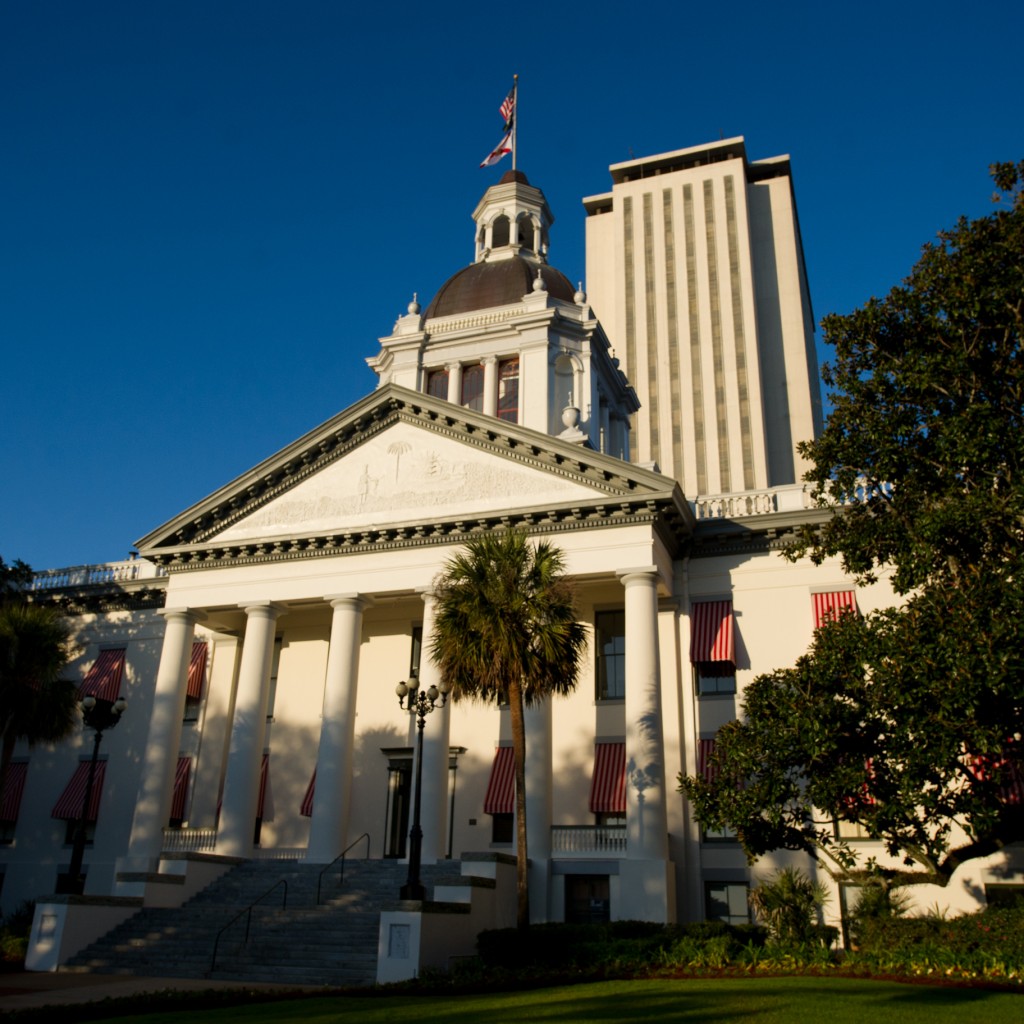
Gaming the system, or hardly working?
That’s the question posed to federal lobbyists by POLITICO’s Kevin Hartnett in his new story “Would more lobbying improve America?” in which he wonders aloud – along with political science experts – whether the conventional wisdom whereby consultants leverage their access in Congress to rig the system in favor of their clients might have the story all backwards:
[C]ould it be the real problem is that they actually don’t push those interests enough?
It’s a strange-sounding complaint, but political scientist Thomas Holyoke of Fresno State University has been studying the internal dynamics of lobbying for years and has come to believe that the US would be better off if lobbyists did more effective work for their clients.
The problem, he writes in a new book, isn’t that corporations don’t get enough representation: It’s that lobbyists are slippery, and don’t work for their clients as much as they claim. Instead, they tell their clients what they want to hear, while chiefly acting to stay tight with their contacts in Congress.
“It becomes more important to lobbyists to maintain these relationships than to accurately represent the wishes and concerns of people they’re supposed to be representing,” he says.
Yes, transnational mega-interests tend to 1) hire lots of lobbyists and 2) get their way in Washington, but those influence professionals account for only a tiny fraction of overall lobbying activity, which Holyoke and others argue is a practice enshrined in the 1st Amendment to the U.S. Constitution and isn’t going anywhere.
Hartnett and some academic experts seem to suggest that the Madisonian “play of interests” – by which interests organically check one another’s power – would work more effectively if lobbyists for smaller but more numerous entities jockeyed for position harder than they currently do.
But when these less-than-fully sophisticated players step off the bus on K Street, there are untold ways they can get fleeced, and the system breaks down. In this way, lobbying is like any other industry—the less sophisticated the consumers, the more vulnerable they are and the more regulatory protection they might need.
Holyoke’s new book on the topic, “The Ethical Lobbyist,” grew out of interviews he conducted for a previous project on lobbying. He noticed lobbyists would often talk about pushing compromises or massaging issues in ways that seemed to run against their clients’ interests. These are examples of a broader dynamic, officially known as the “principal-agent” problem, which crops up whenever the person you hire knows more about what’s going on than you do.
“There’s an awful lot of slippage between what clients want and what their lobbyists do,” says David Lowery, a political scientist at Penn State who has done research attempting to quantify just how much slippage occurs.
Exhibit A: Jack Abramoff, who plied his trade in Tallahassee among other places.
The classic example is Jack Abramoff, who went to jail because he charged millions of dollars to Native American tribes without working on their behalf at all. His case was so flagrant it seemed unique.
But really it’s not. Sleight of hand, misinformation and “dog-and-pony shows” where a principal is introduced to key players and their staffs in impressive-seeming but ultimately ineffective meetings are commonplace inside the Beltway. That’s bad for democracy. So what to do?, asks Hartnett.
In “The Ethical Lobbyist,” Holyoke proposes a change that would require lobbyists to file one-page position papers online spelling out exactly what they’re advocating for. Clients and their affiliates—members of the organizations that hired the lobbyists—would be able to log in and see just what their lobbyists have been up to. This wouldn’t address all potential chicanery, but it would at least help to ensure all parties are on the same page.
Though as with anything with so much money and political juice on the line, not everyone is on board.
Marlowe isn’t so sure, though. As head of the American League of Lobbyists, he tried to get the organization to adopt strong disclosure principles that would have required more people to register as lobbyists in a public database. That effort was ultimately dropped. Now he says any additional reporting requirements are only likely to increase what he sees as an even bigger problem—the expanding ranks of unofficial lobbyists who peddle influence off the books.


